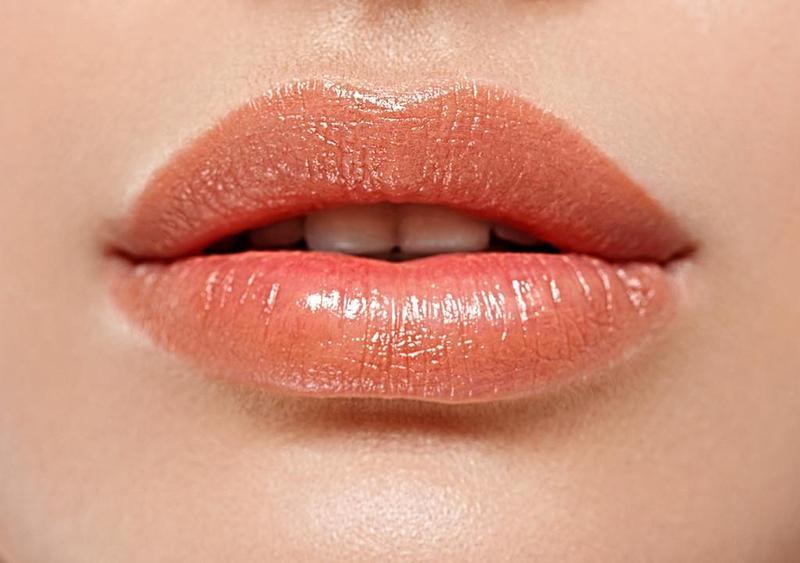Natural and Home Remedies for Bad BreathMar 29, 2018

Been told you’ve got bad breath? No worries – sometimes you can fix it easily on your own, and you don’t need to feel embarrassed, either.
“It is very difficult to sense your own breath,” says Matthew Messina, DDS. That’s why “ need close friends and relatives to be honest with them.”
Once you know your mouth could use some freshening up, you might be able to make it better without drowning in mouthwash or visiting the dentist. Try the tips below. If you don’t notice a change in a few weeks, ask your dentist or doctor for help. Bad breath can be caused by an illness – including tonsil issues and stomach reflux – or medicine.
“Sinus infections, lung infections, and liver and kidney diseases are related to bad breath,” Messina says. “Those aren’t going to go away on their own.”
Clean Your Teeth and Gums
Many bad-breath problems are linked to oral hygiene. If you don’t brush and floss well, your mouth breaks down the tiny chunks of food that are caught between your teeth. This can give off an odor that can smell like sulfur or rotten eggs. Toothpaste or mouthwash may mask it for a while, but it can’t fix the problem.
“It’s like being stinky and sweating, and trying to cover the bad smell with perfume,” says Laurence Grayhills, DMD. “What you have to do is get to the source of the problem, which is the bacteria.”
Those bacteria can be found in one of three places:
On the teeth
Under the gums
The tongue
To avoid bad breath caused by food that lingers in your mouth, brush twice a day, floss once daily and get regular checkups from your dentist.
Scrape Your Tongue
Brushing and flossing alone may not fix your bad breath, because the tongue can house food particles. To get to them, brush your tongue or use a tongue scraper when you brush.
You may spit out yellow or brown saliva after you use a scraper. Rinse your mouth after each use.
“Anything you’ve stirred up, you want to get out,” Messina says.
Eat for Better Breath
Crunchy, fiber-rich fruits and vegetables can help cleanse your mouth of food particles that can cling to your teeth and tongue between meals.
“Increase the raw foods in the diet, especially things like celery, apples and carrots,” says Amy Rothenberg, ND, president of the Massachusetts Society of Naturopathic Doctors. “It helps to scrape the plaque buildup and fights bacteria buildup in the mouth.”
It’s wise to avoid too much dessert, and did you know that it can affect your breath? It’s true, Rothenberg says. Refined foods and white sugar can cause some bacteria in your mouth to be overfed, which sets off an odor.
Try Probiotics
Many people swish mouthwash to kill bacteria that cause bad breath. The truth is that gargling can kill good and bad bacteria.
If you eat more foods with good bacteria, you may change the good-to-bad ratio inside your mouth, leading to better breath. Try yogurt, kefir, sauerkraut, or miso with probiotics (good bacteria).
“Eating the yogurt, you swish it all around in your mouth while you’re enjoying it, and hopefully, you get it to work for your mouth,” says Christopher Chang, MD, an ear, nose, and throat specialist.
Fight Dry Mouth
Bad breath is common when your mouth’s dry. You may find relief if you use artificial saliva and drink plenty of H2O.
“The water will address the tiny microbes in the mouth,” Rothenberg says.
Many medicines can cause the dryness.
“If you go on a medication and suddenly your mouth is really dry, talk to your doctor to see if another medication would do the same thing,” Messina says. “Today, there’s very rarely one drug that does one thing.”
Also, some people breathe through their mouths. This dries out the teeth and tongue, and can cause odors. Sometimes, an over-the-counter nasal decongestant or allergy pill can help you breathe easier.
If you can breathe through your nose but use your mouth out of habit, especially when you sleep, a chin strap might help. It lets you get used to keeping your mouth shut in bed or around the house until it becomes second-nature, Chang says.
Smoking can also give you a dry mouth. If you quit, your breath won’t smell like cigarettes anymore, and you should make more saliva again. That will also help fight the door.
Chew Gum
Some people hope the minty flavor of gum will mask their bad breath. But a stick every now and then can do even more. It can help you make more saliva – and sugar-free kinds sweetened with xylitol fight the growth of bad bacteria in your mouth.
It’s a good idea to stay away from gum with sugar.
“With sugared mints or chewing gum, you’re giving the bacteria in the mouth extra sugars to burn, bad breath,” Messina says.
by Lisa Fields For WebMd
Be the first to post a message!